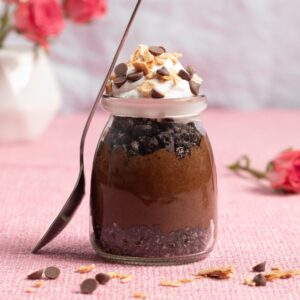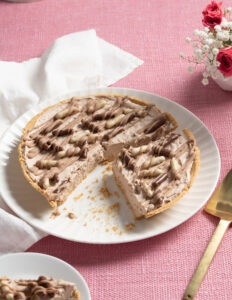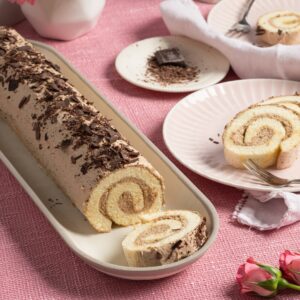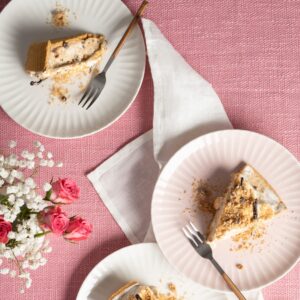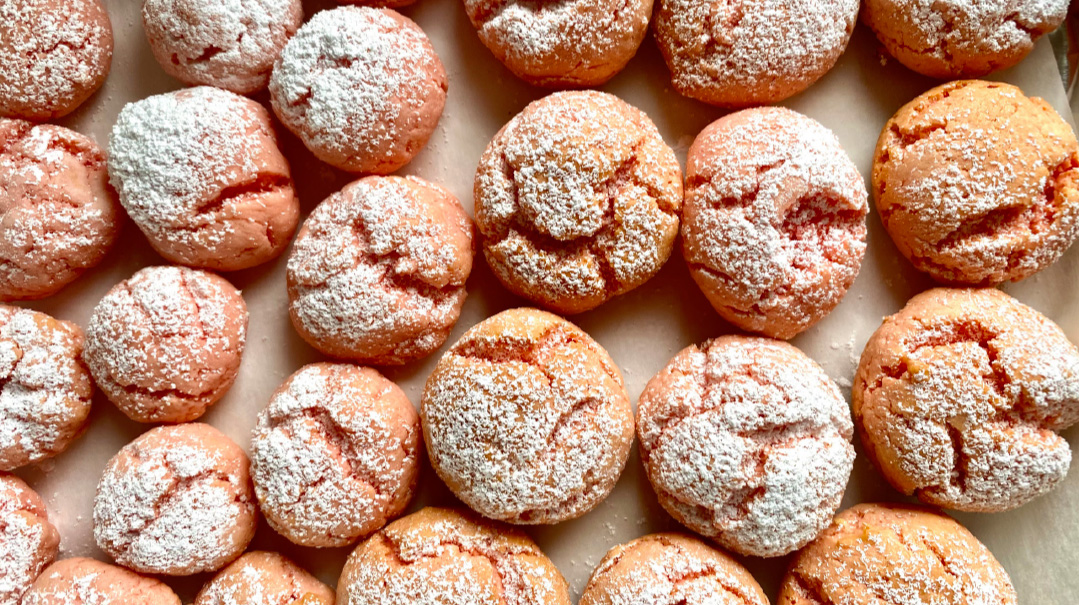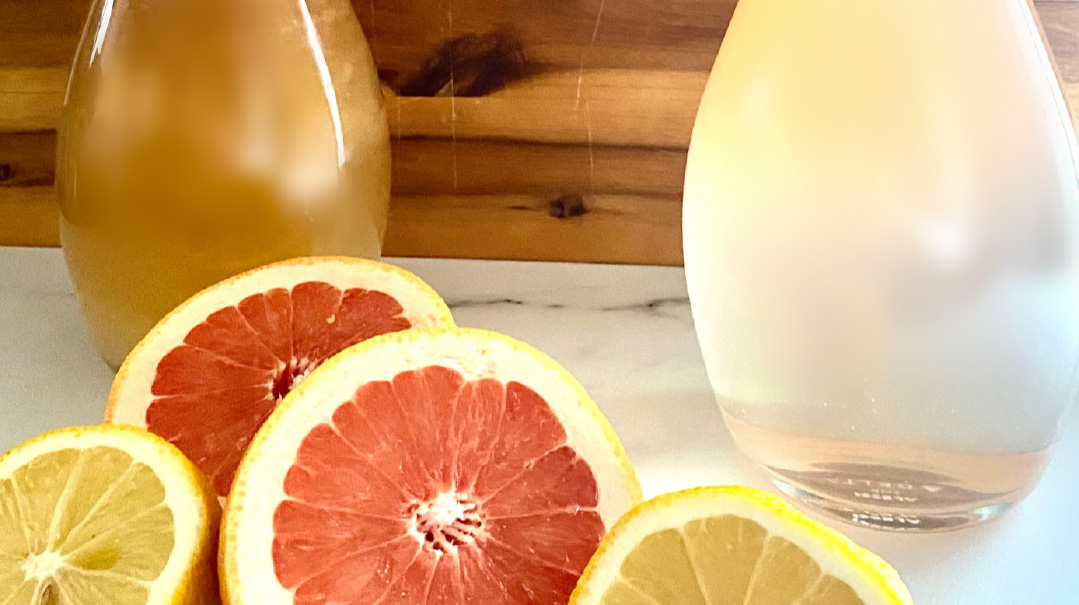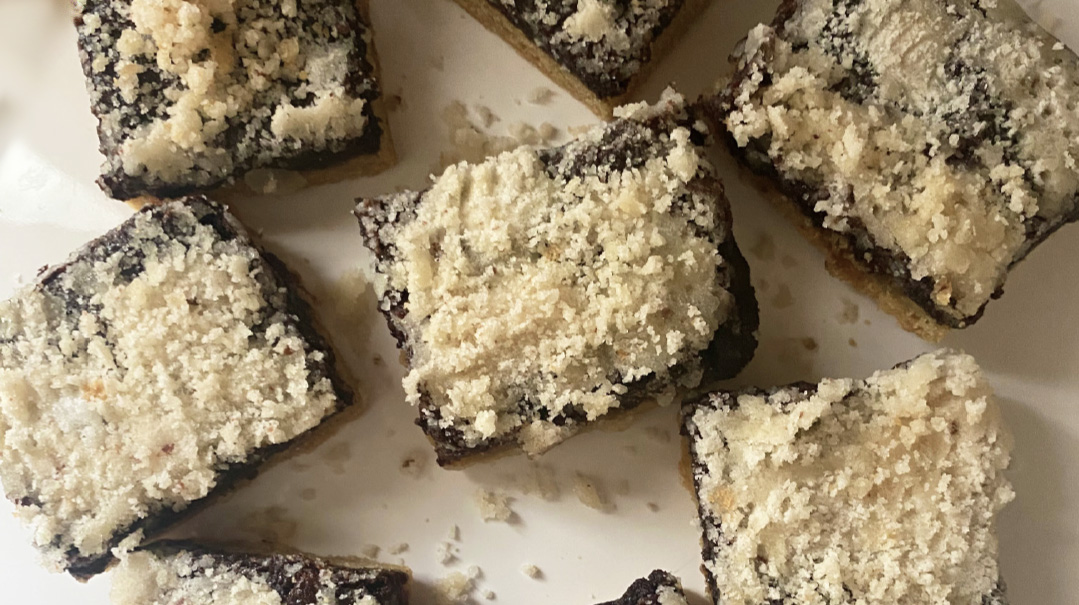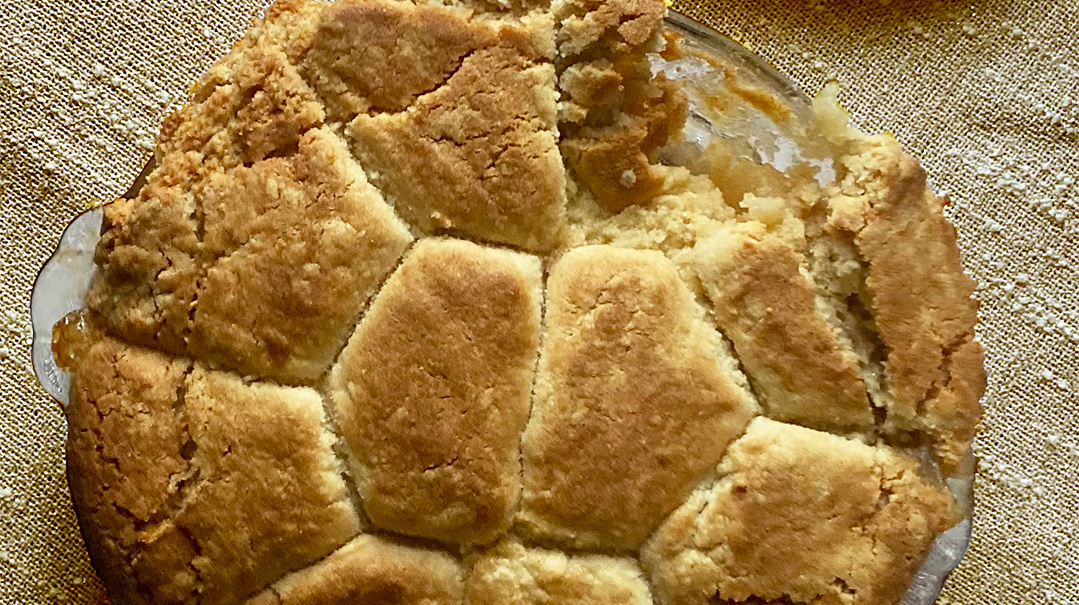From my Table
| December 21, 2021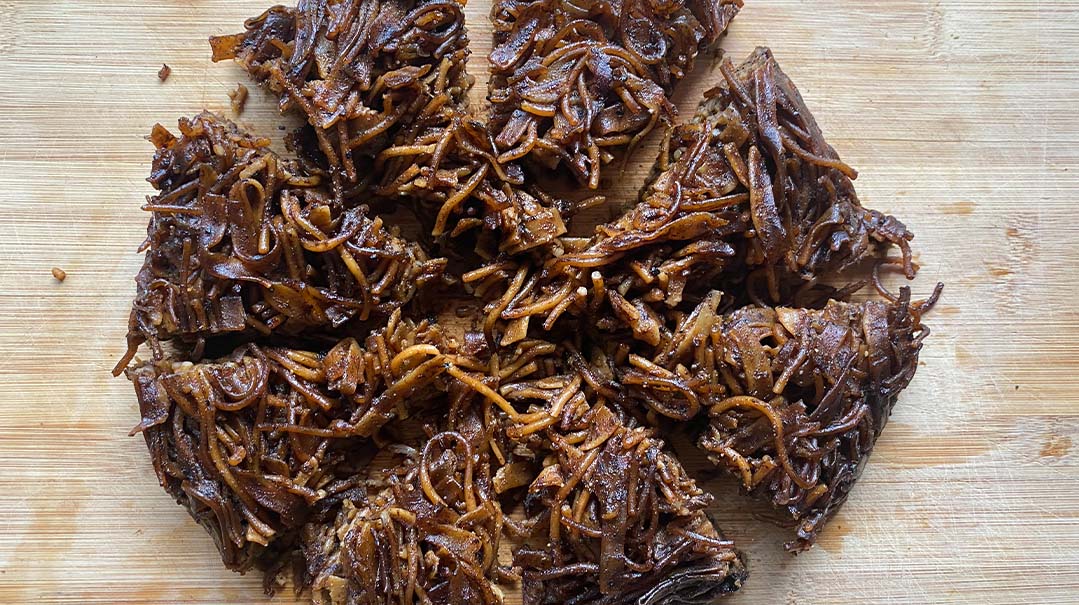
While I didn’t connect to my seminary-assigned chesed family that much, Thursdays still became an integral part of my year. On the way back to the dorm, my friend-cum-chesed partner would take me to the home of someone her family was very close to. This person happened to be the daughter-in-law of a very prominent Rebbe, and it was truly an honor to be in their home each week.
I barely communicated with the Rebbetzin with words. The family only spoke Yiddish, and my Yiddish was (and is) terrible. I can get by in Hebrew, though, so we managed with some Hebrew, lots of motions, laughing, and the language of an understanding that doesn’t need actual words.
My friend would translate all the little stories that I’d missed, and it was worth every minute. Aside from my weekly routine of sifting a few bags of flour, I felt like I was on the receiving end of this experience. I’d watch the Rebbetzin cook and bake; I don’t think I ever saw a written recipe, yet everything was delicious. Very traditional, but delicious.
One thing that stood out in my mind was the Yerushalmi kugel. It was always done by the time we got there on Thursday, so I never actually saw her make it. But after I got married and moved to Israel, I called the Rebbetzin for the recipe. She went through it with me slowly in Hebrew. Many of the measurements were in tablespoons instead of cups, and this is the recipe I use until today.
Every time I open my personal cookbook to this page, I get a wave of nostalgia, and we never fail to mention how legit Yerushalmi it is!
CHANIE NAYMAN
Food Editor, Family Table
Editor in Chief, Kosher.com
Yerushalmi Kugel
This week, Cooks Compete features Yerushalmi Kugel. For obvious reasons, I can’t submit my own, but I didn’t want to miss the opportunity to share my favorite recipe.
- 6 tsp + 10–12 Tbsp sugar (1 cup), divided
- 7 Tbsp oil, divided
- 1 lb (450 g) spaghetti or similar pasta
- 2 Tbsp flour
- 3 eggs
- 1 tsp salt
- ¼ tsp pepper
Preheat oven to 350°F (175°C).
Place 6 tsp sugar and 1 Tbsp oil in a heavy-bottomed saucepan over low heat and cook until browned. Remove it from the heat just before it burns.
Let cool slightly. Add raw pasta to the caramelized sugar, with just enough water to cover the bottom of the pan by a few inches, but not to cover the dry pasta. Cook the pasta in the water until al dente.
When done, remove any remaining water, using a slotted spoon to strain it out (it’s okay if there’s still some liquid left in the pot). In the same pot, add remaining ingredients and mix until combined. Transfer mixture to loaf pans and cover loosely with foil. Bake for 1 hour.
Pot Variation
Cooking it in a pot on a stove is the traditional way of making Yerushalmi kugel. It’s a little harder to get the timing right and ensure that it doesn’t burn, but if you’re going for authentic, try this.
Double-line a heavy-bottomed saucepan with parchment paper. Pour the kugel mixture into the pot and place the lid on top. Cook over low heat, shaking the pot every so often to ensure that it doesn’t burn.
(Originally featured in Family Table, Issue 773)
Oops! We could not locate your form.
